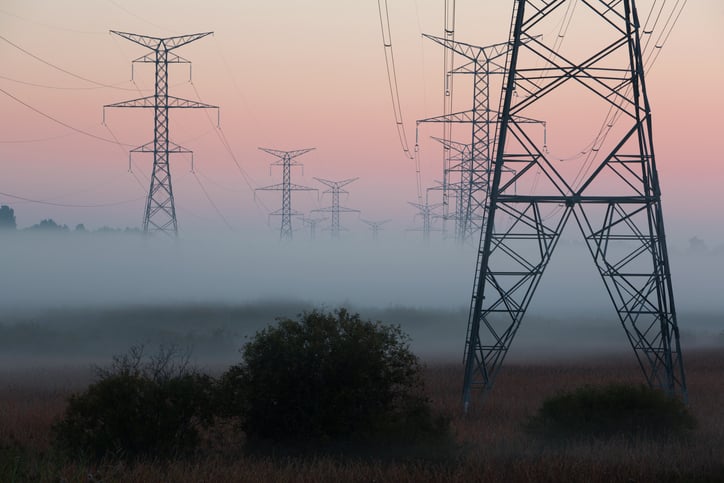Project Local Energy Oxfordshire (LEO) has been given the green light to move forward to the next stage.
The project – which was described as the most wide-ranging and holistic smart grid trial in the UK when it was first launched – is to continue its testing but in a “larger and more complex fashion” according to the project’s lead, Scottish and Southern Electricity Networks (SSEN).
In the first year of the project, which set to last three years, the Minimum Viable Systems (MVS) were developed. MVS allows controlled management and monitoring of the impact of low carbon technologies on the network, with Project LEO trialing matching renewable generation and demand at a local level to support new technologies and local markets.
The MVS trials that have already been completed tested a range of scenarios, SSEN said, that the UK’s energy system will likely experience in the transition to a smarter electricity system. These tests are to continue throughout the project but increase in scale, with the project to develop larger energy trials that build on the key learnings from the initial phase.
The project, which was announced in April 2019, is a collaboration between SSEN, Piclo, Origami, Nuvve and EDF Energy’s R&D team. It is funded through a combination of £13.8 million from the Industrial Strategy Challenge fund, managed by Innovate UK, and £26 million of private funding from the project partners.
Melanie Bryce, SSEN’s Oxfordshire programme director, said it was “fantastic” to see the hard work of everyone involved in the project recognized by Innovate UK.
“The learnings we gather from Oxfordshire will help inform a route to net zero that supports local communities taking an active role in the energy system that serves them, across the UK.”





